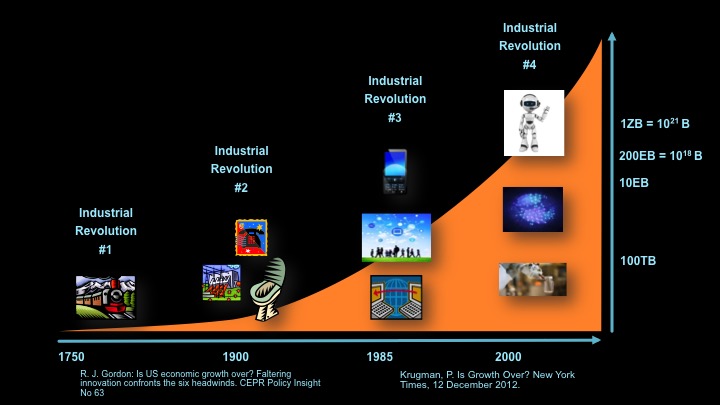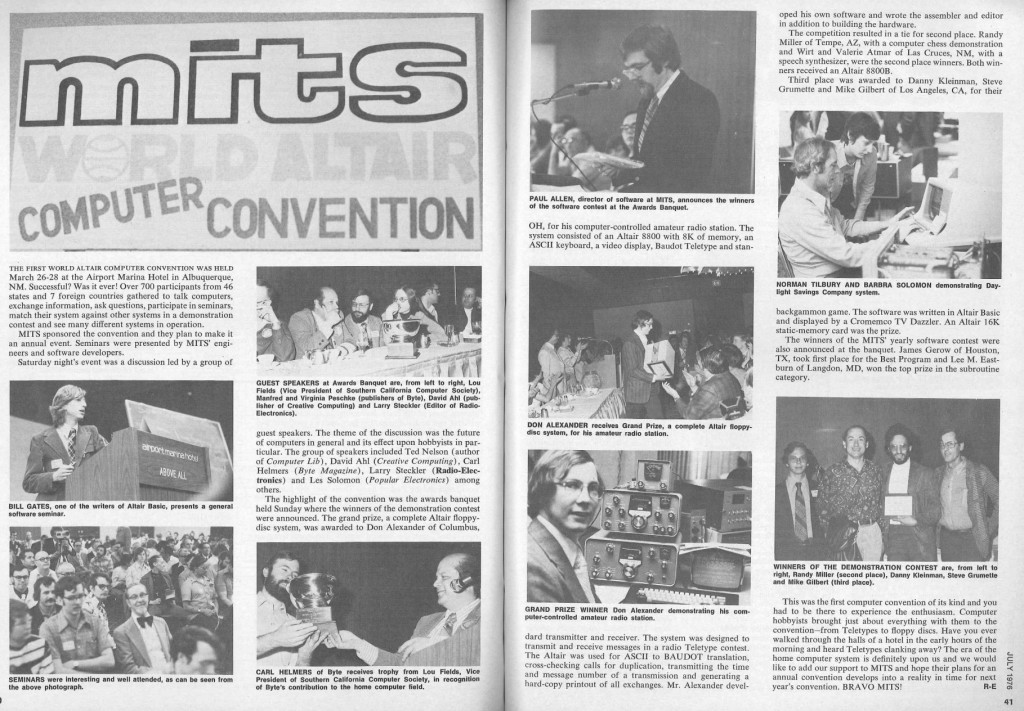 I received word last night that our scholarship has received over 1400 applications, which definitely surprised me. I had worried that the regional restriction might be too limiting but Agricultural Sciences were added in as part of STEM so that probably magnified the pool.
I received word last night that our scholarship has received over 1400 applications, which definitely surprised me. I had worried that the regional restriction might be too limiting but Agricultural Sciences were added in as part of STEM so that probably magnified the pool.
Dan Dennett of Tufts and Deb Roy at MIT draw parallels between informational transparency in our modern world and biological mechanism in Scientific American (March 2015, 312:3). Their article, Our Transparent Future (related video here; you have to subscribe to read the full article), starts with Andrew Parker’s theory that the Cambrian Explosion may have been tied to the availability of light as cloud cover lifted and seas became transparent. An evolutionary arms race began for the development of sensors that could warn against predators, and predators that could acquire more prey.
They continue on drawing parallels to biological processes, including the concept of squid ink and how a similar notion, chaff, was used to mask radar signatures as aircraft became weapons of war. The explanatory mouthful of the Multiple Independent Reentry Vehicle (MIRV) with dummy warheads to counter anti-ballistic missiles were likewise a deceptive way of reducing the risk of interception. So Dennett and Roy “predict the introduction of chaff made of nothing but megabytes of misinformation,” designed to deceive search engines of the nature of real info.
This is a curious idea. Search engine optimization (SEO) is a whole industry that combines consulting with tricks and tools to try to raise the position of vendors in the Google rankings. Being in the first page of listings can be make-or-break for retail vendors, and they pay to try to make that happen. The strategies are based around trying to establish links to the vendor from individuals and other pages to try to game the PageRank algorithm.… Read the rest
 Slides from a talk I gave today on current advances in machine learning are available in PDF, below. The agenda is pretty straightforward: starting with some theory about overfitting based on algorithmic information theory, we proceed on through a taxonomy of ML types (not exhaustive), then dip into ensemble learning and deep learning approaches. An analysis of the difficulty and types of performance we get from various algorithms and problems is presented. We end with a discussion of whether we should be frightened about the progress we see around us.
Slides from a talk I gave today on current advances in machine learning are available in PDF, below. The agenda is pretty straightforward: starting with some theory about overfitting based on algorithmic information theory, we proceed on through a taxonomy of ML types (not exhaustive), then dip into ensemble learning and deep learning approaches. An analysis of the difficulty and types of performance we get from various algorithms and problems is presented. We end with a discussion of whether we should be frightened about the progress we see around us.

